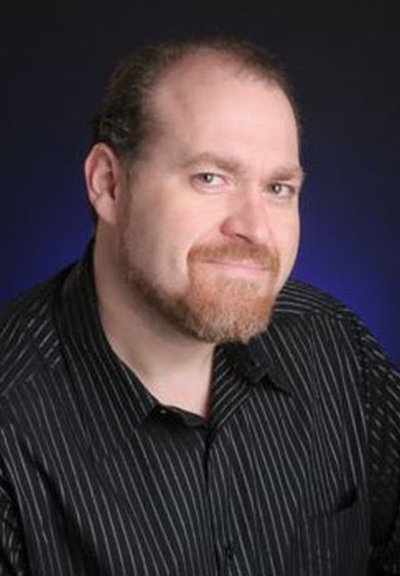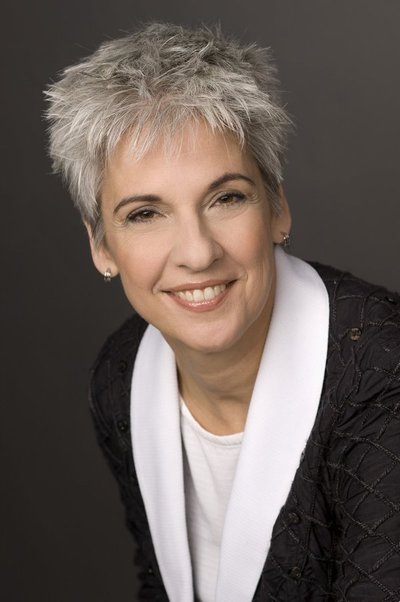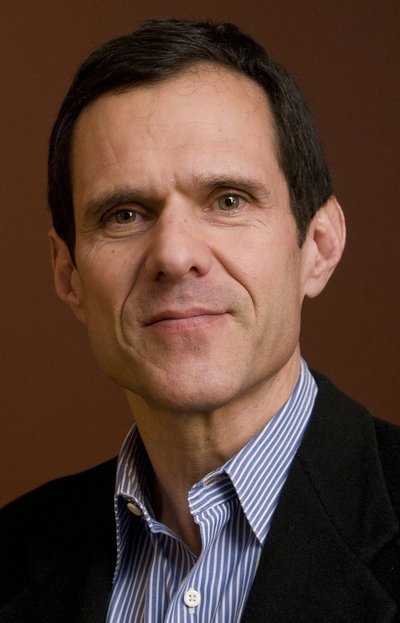March 5, 2009
Two new UW TechTransfer programs bring local entrepreneurs to campus
UW TechTransfer is offering two new services to support researchers who want to start companies, or have other people start companies using their technologies. The Entrepreneurs-in-Residence program brings to campus local entrepreneurs who are looking for a hot new idea. The LaunchPad Entrepreneur Advisers program establishes a larger pool of business people available to mentor UW researchers who may be thinking about forming a company.
“This is part of building an innovation ecosystem for the state of Washington,” said Janis Machala, director of LaunchPad Services, a division of UW TechTransfer that helps create UW startups. Machala proposed the Entrepreneurs-in-Residence program when she was hired last fall.
Response from the community has been very positive, Machala said.
“I think many local business people believe that innovation is a way for our state to get out of its current economic crisis,” she said. “They just haven’t been asked in the past. There hasn’t been a program for matchmaking between UW research and local entrepreneurs.”
UW faculty who might have a technology with commercial potential can save time and gain critical business help through the new programs. Previously, researchers could talk to a UW TechTransfer licensing officer who would help secure intellectual property rights and might also introduce them to local investors, market analysts and other necessary expertise. This model brings that expertise onto campus.
For the Entrepreneurs-in-Residence (EIR) program, UW TechTransfer recruited business people who had been involved in a successful startup, had expertise in a specific area, showed passion for starting a company and who have access to capital.
“This is a very tough funding environment,” Machala said. Having someone with direct connections to investors “is really critical to us.”
The first three EIRs have expertise in gaming software, medical devices and alternative energy. Alex St. John co-invented DirectX, the Microsoft Windows platform for computer games, and went on to co-found WildTangent in Redmond, the largest privately held online game network. Deborah Kessler, a former executive at Merck & Co. and more recently chief operating officer at Rosetta Inpharmatics in Seattle, has 20 years of experience in the biotechnology, medical device and aerospace industries. Jeff Canin, a venture capitalist and former investment banker, co-founded the Redmond-based Center for Smart Energy and has invested in and co-founded several alternative-energy companies.
The EIRs will earn a modest stipend and have office space in the UW TechTransfer offices, but you’re more likely find the EIRs on campus interacting with researchers than in their offices, Machala said. An EIR appointment is envisioned as lasting about six months, she added, and may be full-time or part-time, depending on the person’s other commitments. The hope is that each participant will leave with continuing involvement in at least one UW project.
The LaunchPad Entrepreneur Advisers (LEAs) will hash out ideas with UW researchers and provide early-stage advice on how to start a company. The LEAs will come to researchers’ offices or use the UW TechTransfer meeting space, donating their time on a more long-term basis.
“I think they view [working with UW TechTransfer] as economic development, as being able to support the educational mission for the region. Many of them feel that people helped them out along the way, and now it’s their turn,” Machala said.
The LaunchPad team is developing partnerships with investors in areas such as medical devices, biotechnology, software, materials science and alternative energy, where the UW has strong expertise.
Seven LEAs have been named so far. The initial participants include medical device experts Joe Eichinger, co-founder and president of medical-device company CoAptus Medical Corp in Redmond; Michael Hovanes, a medical-device and imaging entrepreneur; and biotech expert Chris Porter, formerly with CellPro and Pfizer Inc. Several software executives have joined, including Bill Gossman, former CEO of digital-advertising company Revenue Science in Bellevue; John Hansen, former CEO of Bellevue-based telecommunications software company Vallent, now owned by IBM; Will Poole, a former Microsoft corporate vice president; and Sterling Wilson, former president of electronic-payment software company Qpass in Seattle and executive at Redmond-based corporate-expense tracker Concur Technologies.
LaunchPad Services programs are not limited to UW faculty. Dustin Miller, a doctoral student with Associate Professor Vipin Kumar in the Department of Mechanical Engineering, has interacted with both programs. Miller filed a technology invention disclosure with UW TechTransfer a few months ago and has since been meeting with the LaunchPad staff to create a new company, Nanocel, that will develop products for cooling electronics. Miller has met with local venture capitalists, entrepreneurs and lawyers, who provided advice and direction.
“I have completed in just a few months for my startup what would have taken me years if it were not for the support of the entrepreneur adviser programs,” Miller wrote in an e-mail.
The programs are part of UW TechTransfer’s efforts to better engage the local business community.
“These programs are the result of a conversation I had with state Senator Jim Kastama, who pulled me aside at my first Washington State Economic Development Commission meeting, challenging me to investigate what other prestigious institutions—like Harvard, Carnegie Mellon, Los Alamos and Sandia National Labs—are doing to maximize their regional impact and integration with the business community,” said Linden Rhoads, vice provost of UW TechTransfer. Both new programs were created with direction from the Washington state Economic Development Commission and funding from the Washington Research Foundation.
“The Entrepreneur-in-Residence and LaunchPad Entrepreneur Adviser programs are the first in a number of new initiatives to be developed that will emulate best practices,” Rhoads said.
Another LaunchPad Services program now being developed hopes to recruit local people who have expertise in specific areas, such as marketing or finance, and match them with UW projects.
Soon UW TechTransfer hopes to provide a social-networking tool that would help researchers connect with the entrepreneurs to help them find the right match for a partnership. For now, anybody interested in either of the new programs should talk to their UW TechTransfer licensing officer, or contact Machala directly.





